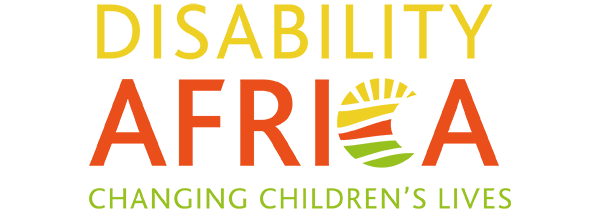In many communities across African countries, negative traditional beliefs exist about disabled people and people with impairments. Due to stigma and a lack of understanding, they are often seen as being non-human. They are frequently isolated in their own homes and go without education, medical care, social interaction and even food. Disabled children are at significant risk of harm and neglect - especially in the absence of the social safety nets that children are used to in richer nations.
Disability Africa is working with disabled children and young people, their families and local organisations in The Gambia, Zambia, Kenya, and Uganda to create inclusive communities, where no-one is left behind.
Evidence of community stigma: A recent report of a parent rejecting their disabled child.
We have developed a template of actions which is proven to end isolation, and improve access to support services for disabled young people as quickly as possible. Our first step is to set up community playschemes.
Why playschemes?
Playschemes are powerful. They deliver:
Social Inclusion, Mental Health & Wellbeing: Playschemes immediately end a child’s isolation by providing a safe and nurturing space for social and personal development. The joy of collective play is proven to have a powerful effect on children’s mental health and wellbeing.
Rights of Disabled Children: Play is a Right by UN Convention. Playschemes also ensure that disabled children access their fundamental rights: life, education, healthcare, food, safety and play. Our Play Teams become powerful advocates for disabled children within their communities and beyond. Furthermore, playschemes transform negative attitudes by providing an opportunity for members of the community to gain positive experiences with their disabled children.
Education: Disabled children learn through play and playschemes are often the most appropriate developmental and educational experience available. Playschemes prove a stimulating, fun and educational environment assisting the development of language & communication, physical co-ordination and social skills.
Healthcare: Disabled children’s right to health and nutrition is ensured at every project. Playschemes provide a context for informal assessment from which we can provide services to meet the needs of the children and young people attending. Children benefit from our medical support program and receive breakfast and lunch every day.
Parent Support: Playschemes are also day-care, giving caregivers more opportunities for work and education. Children can live at home rather than being institutionalized. Playschemes also create an opportunity for families to interact positively and begin to change their expectations of their children. Parents feel empowered via the emotional support of our parent networks.
Read more and share Play for Inclusion - our guide to how we use playschemes as a force for inclusion and a way to deliver essential social, medical, education and family-support services.
Our playschemes provide a hub from which we will also provide: parents’ support meetings; training programmes for community volunteers; a Medical Support Programme that includes regular physiotherapy sessions; and a Schools’ Inclusion Programme to prepare children for mainstream schools, as appropriate.
Many people consider that children with impairments are difficult and expensive to include and need 'specialist' services. This means that disabled young people are almost always left behind. They are denied access to services, excluded from development projects and isolated from their community.
Changing the attitudes of a community towards disability is the most significant step we can take – creating quick, meaningful inclusion and sustainable change for disabled children in Africa.















